Publications

Journal Article
Social identity and crisis resilience in agriculture: Caste, gender, and migration in Nepal
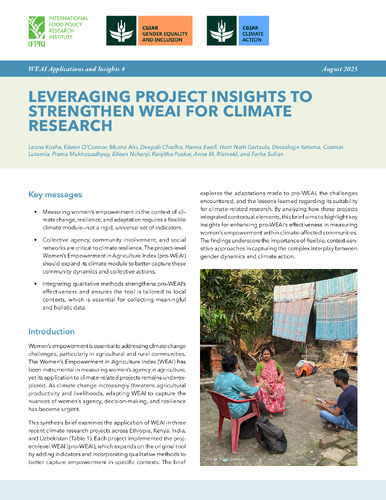
Brief
Leveraging project insights to strengthen WEAI for climate research
…more
Puskur, Ranjitha; Rietveld, Anne M.; Sufian, Farha
Journal Article
Caste, religion and the labor force participation of women: Evidence from India
Blogs
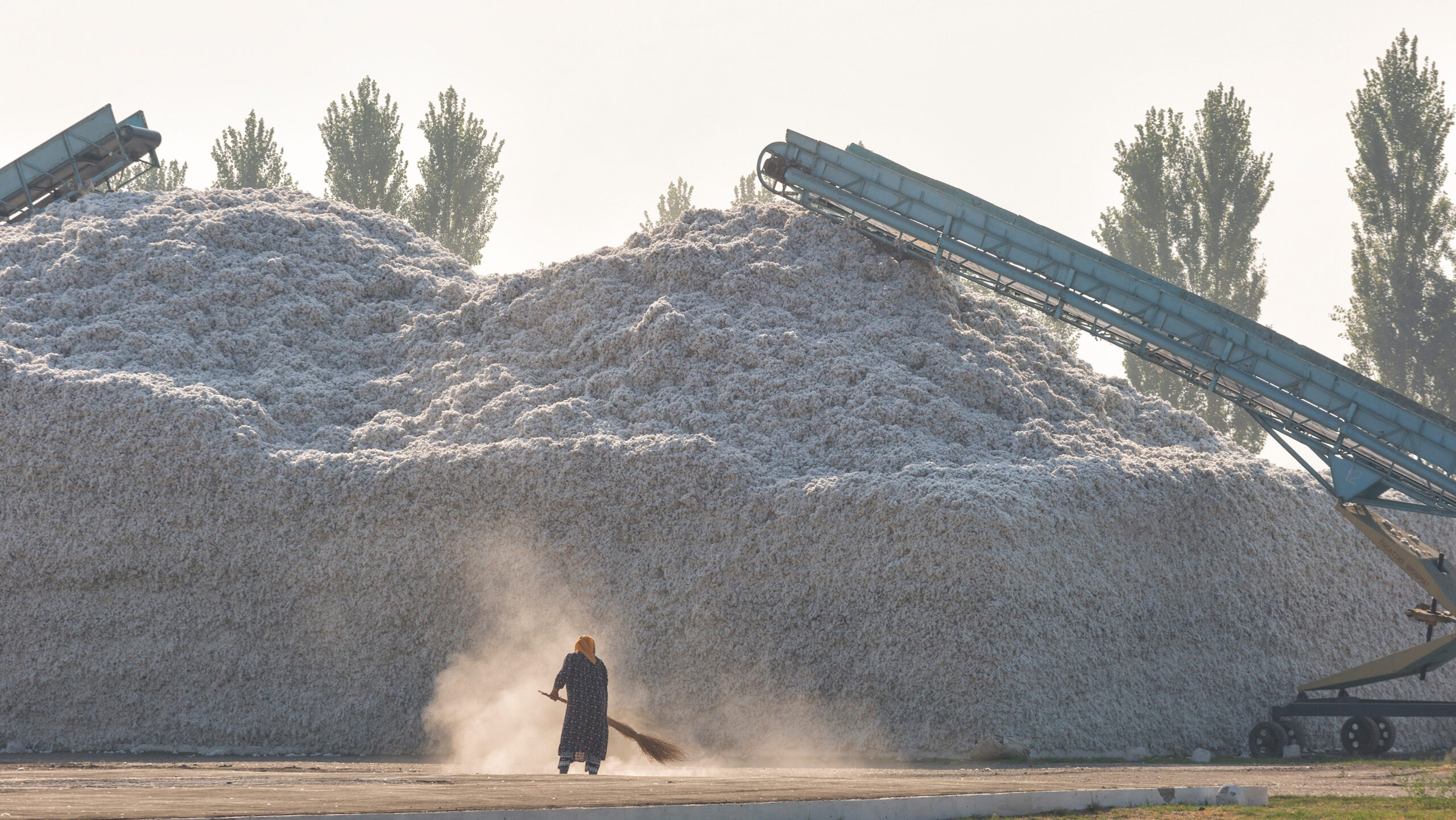
Policy change and farmer feedback: Does anonymity matter? Evidence from Uzbekistan
Gauging efforts to build water security.
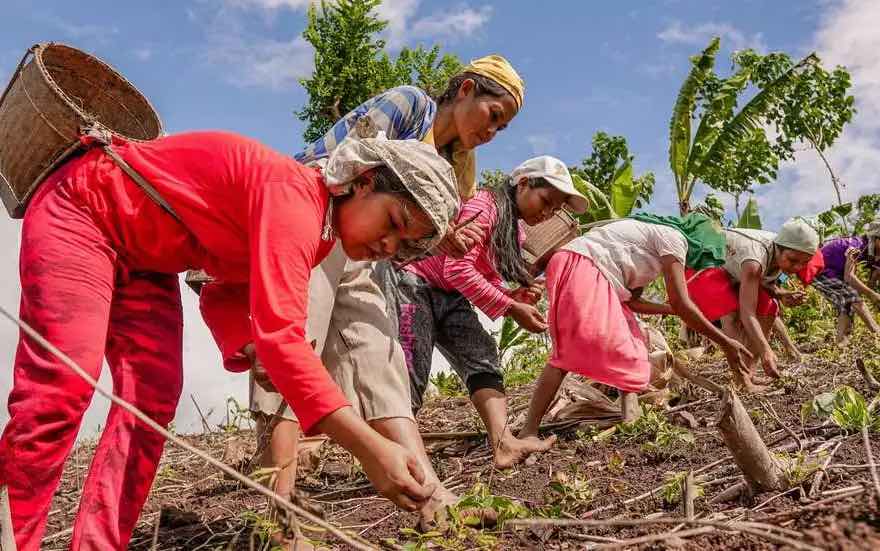
Integrating gender perspectives to prevent or reduce climate crisis impacts
Why women are key to building resilience.
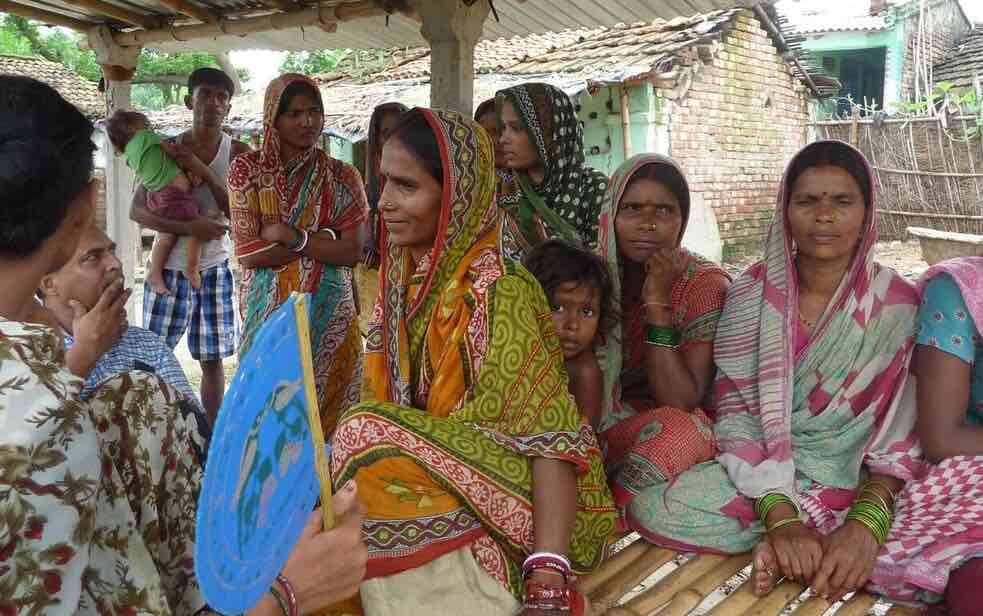
International Day of Rural Women 2020: Building resilience and gender equity in the face of COVID-19
Some ways to lighten extra burdens the pandemic has imposed on women.
Events
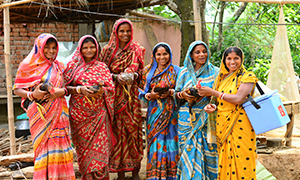
From Research to Impact: Towards just and Resilient Agri-food Systems
Conference: October 09, 2023 – 9:00 AM to October 12, 2023 – 6:00 PM IST. IFPRI is participating in the 2023 annual CGIAR gender research conference will take place in New Delhi, India.
Linking local to global: Intersectionality as a driver for an inclusive loss and damage fund
Event: June 8, 2023 – 2:45 PM to 4:00 PM CEST. The African Women’s Development and Communication Network – FEMNET (FEMNET), the International Food Policy Research Institute’s Gender, Climate and Nutrition Integration Initiative and other partners will present institutions, tools and actions that are needed to ensure that support reaches the most vulnerable populations.
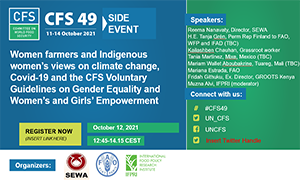
SIDE EVENT 8 | Women farmers and Indigenous women’s views on climate change, Covid-19 and the CFS Voluntary Guidelines on Gender Equality and Women’s and Girls’ Empowerment
Virtual Event: OCT 12, 2021 – 06:45 AM to 08:15 AM EDT. This side event will focus on gender equality and women's and girls' empowerment.
News
Communalism and COVID-19 Have Changed the Classroom for Indian Muslim Children (The Wire)
The Wire published an op-ed co-authored by Associate Research Fellow Muzna Alvi on reopening schools in India. Education remains an important concern since the pandemic-induced lockdown started in March this year. This op-ed focuses on Indian Muslims, but these insights could very well translate to other communities facing deprivation based on their social identity among them “refugees, migrants, minorities, those living […]




